Walmart Retail Analysis
DESCRIPTION
• One of the leading retail stores in the US, Walmart, would like to predict the sales and demand accurately.
• There are certain events and holidays which impact sales on each day. There are sales data available for 45 stores of Walmart.
• The business is facing a challenge due to unforeseen demands and runs out of stock sometimes, due to the inappropriate machine learning algorithm.
• The organization would like to identify the factors which influence the attrition of employees.
• An ideal ML algorithm will predict demand accurately and ingest factors like economic conditions including CPI, Unemployment Index, etc.
• Walmart runs several promotional markdown events throughout the year.
• These markdowns precede prominent holidays, the four largest of all, which are the Super Bowl, Labour Day, Thanksgiving, and Christmas.
• The weeks including these holidays are weighted five times higher in the evaluation than non-holiday weeks.
• Part of the challenge presented by this competition is modeling the effects of markdowns on these holiday weeks in the absence of complete/ideal historical data.
• Historical sales data for 45 Walmart stores located in different regions are available.
Dataset Description:
This is the historical data that covers sales from 2010-02-05 to 2012-11-01, in the file Walmart_Store_sales. Within this file you will find the following fields:
1. Store - the store number
2. Date - the week of sales
3. Weekly_Sales - sales for the given store
4. Holiday_Flag - whether the week is a special holiday week 1 – Holiday week 0 – Non-holiday week
5. Temperature - Temperature on the day of sale
6. Fuel_Price - Cost of fuel in the region
7. CPI – Prevailing consumer price index
8. Unemployment - Prevailing unemployment rate
Analysis Task:
Basic Statistics tasks:
1.Finding out which store has maximum sales
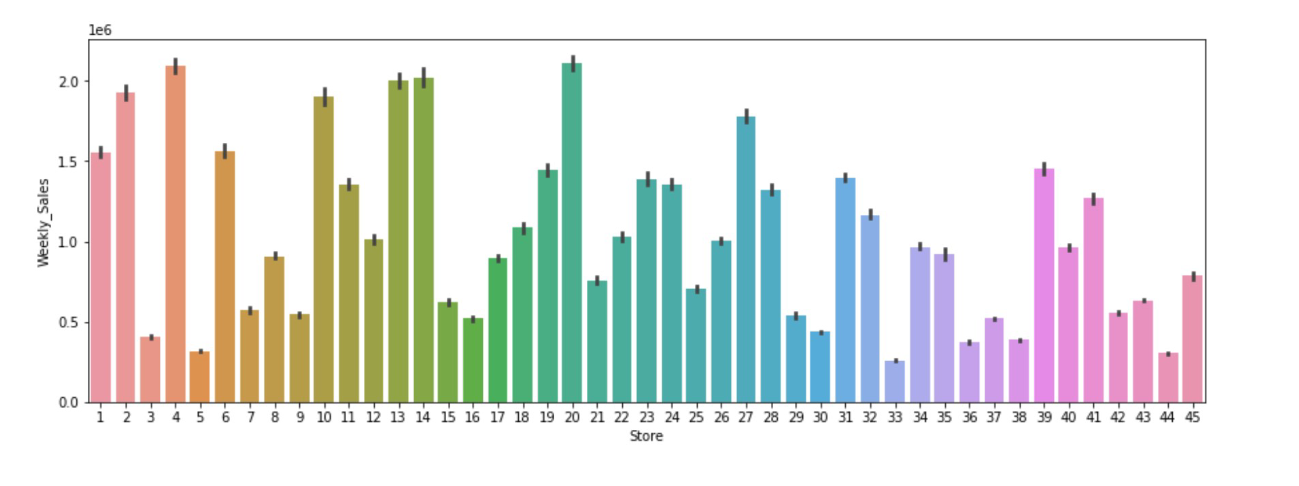
Maximum store sales
By seeing the chart we can able to understand that store 20 has maximum sales.
2.Which store has maximum standard deviation i.e., the sales vary a lot. Also, find out the coefficient of mean to standard deviation
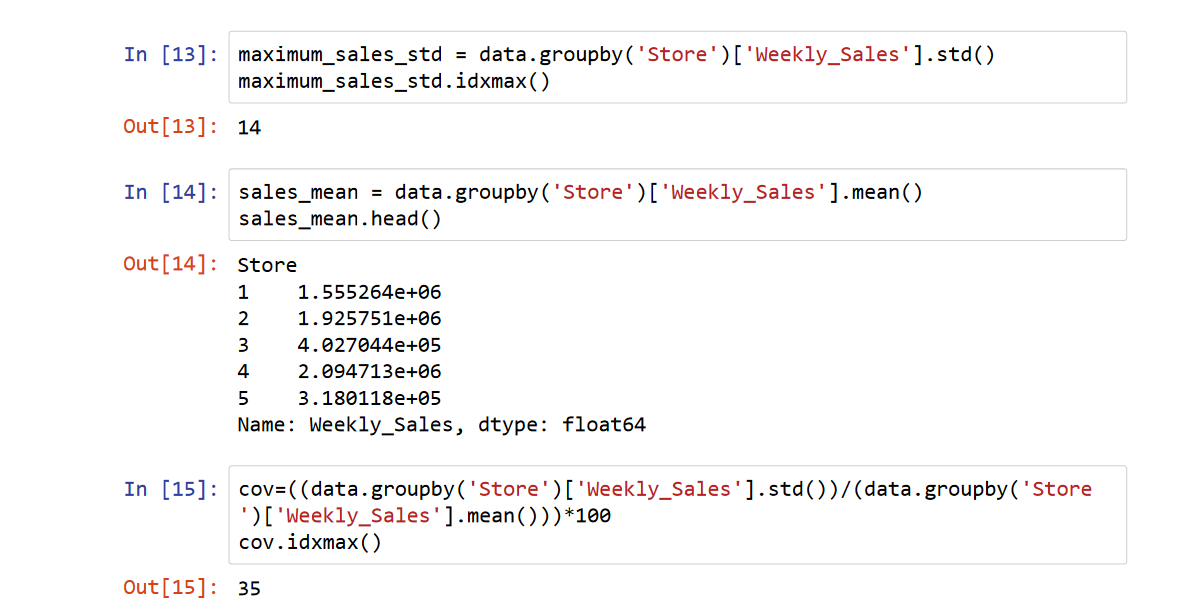
Groupby Charts:
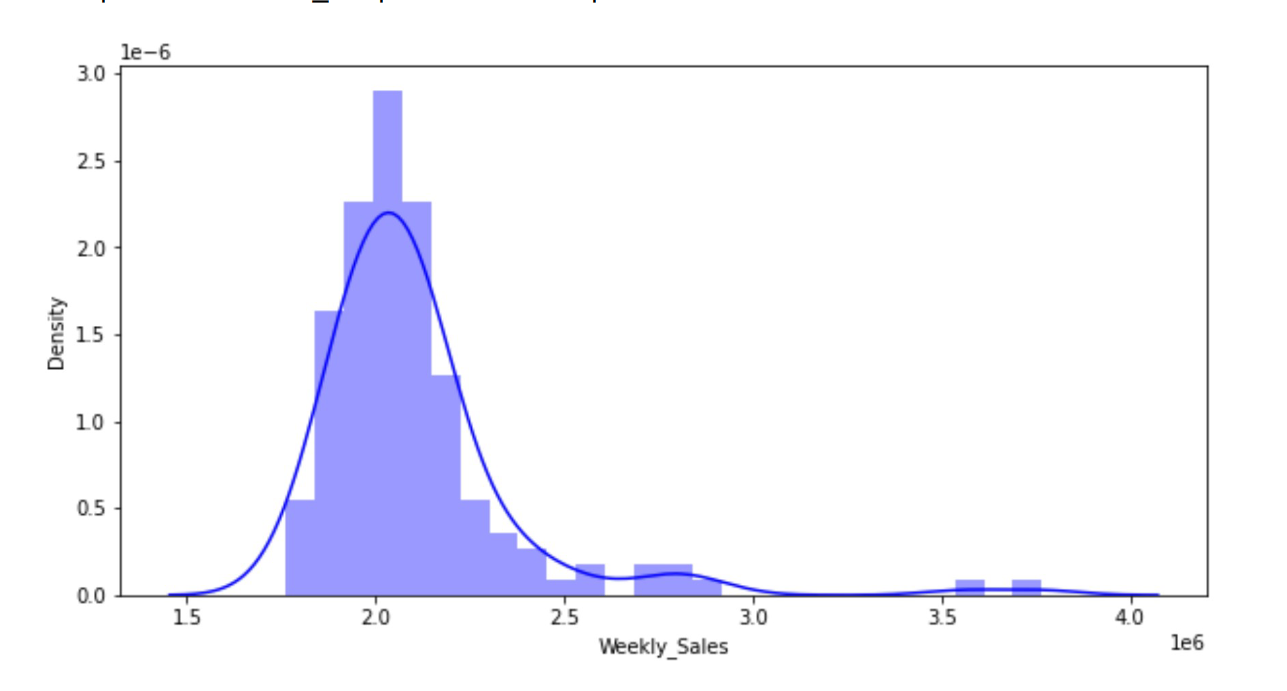
20 stores Groupby
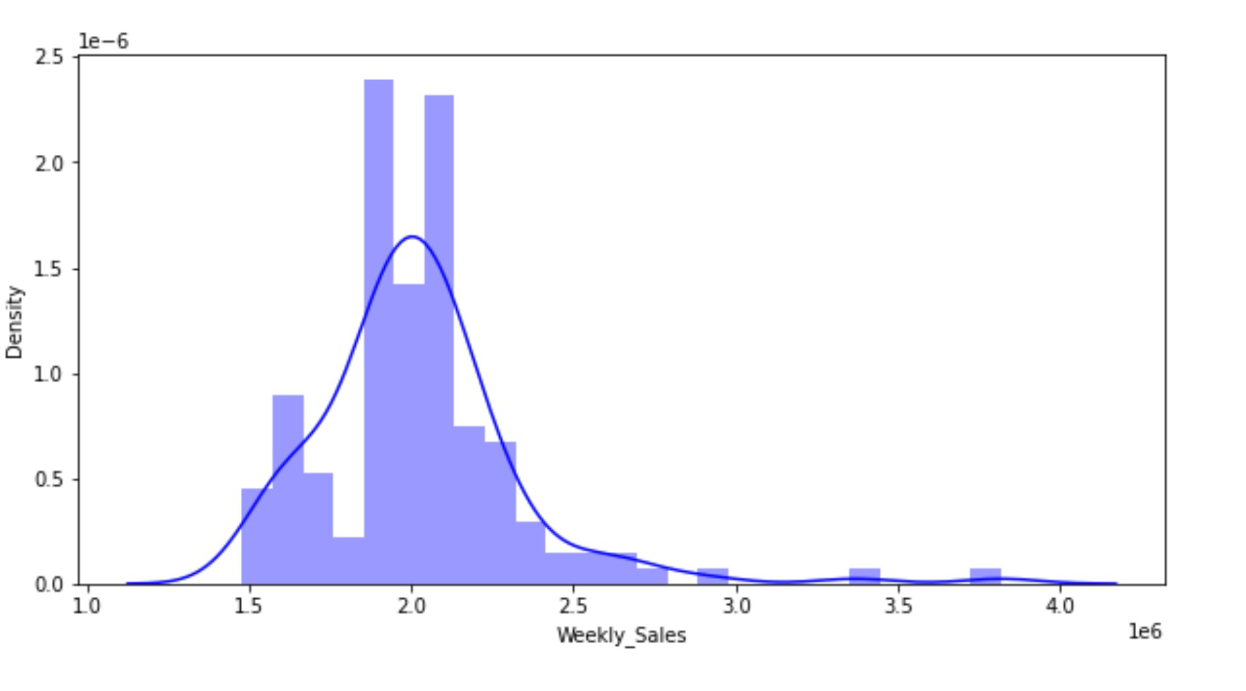
14 stores Groupby
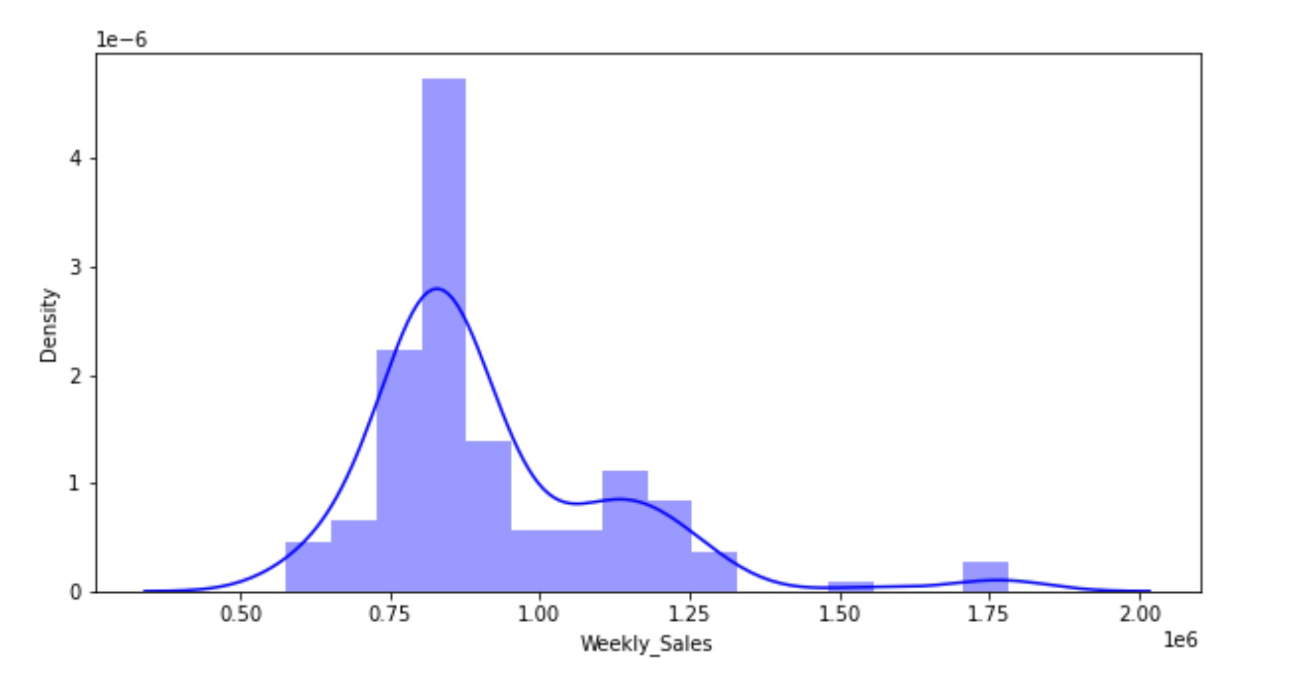
35 stores Groupby
Boxplots Analysis:
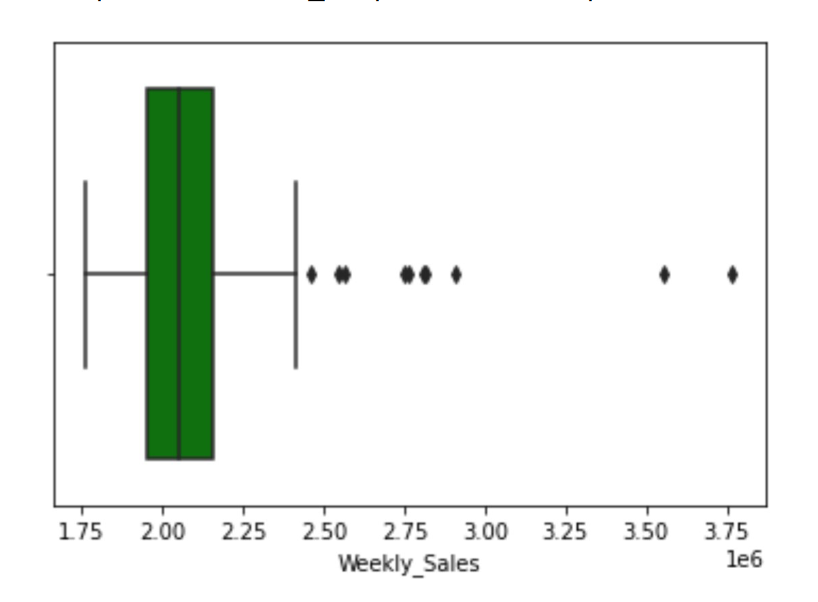
20 stores boxplot
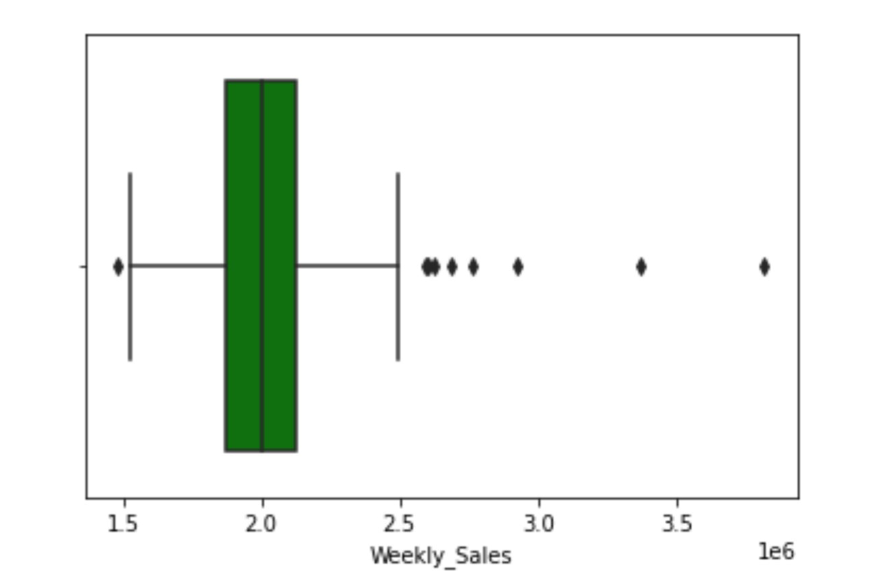
14 stores boxplot
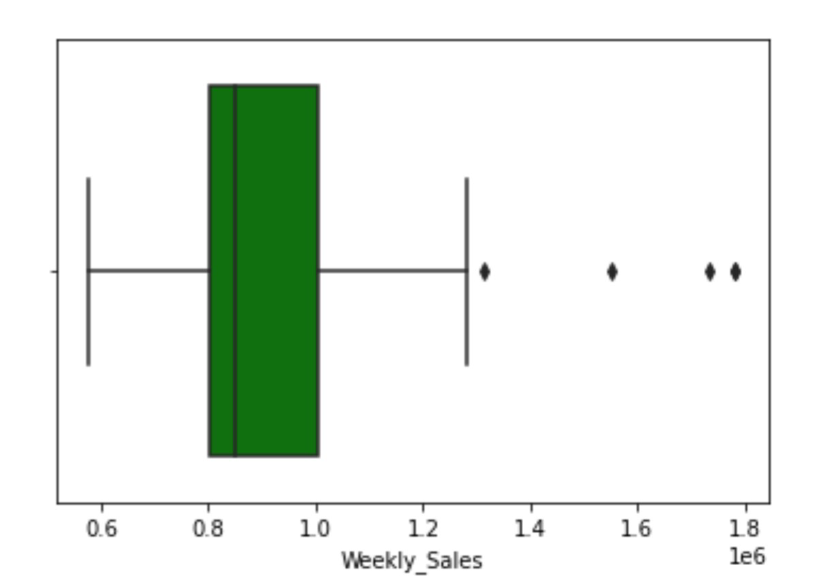
35 stores boxplot
3.Finding which stores has good quarterly growth rate in Q3’2012
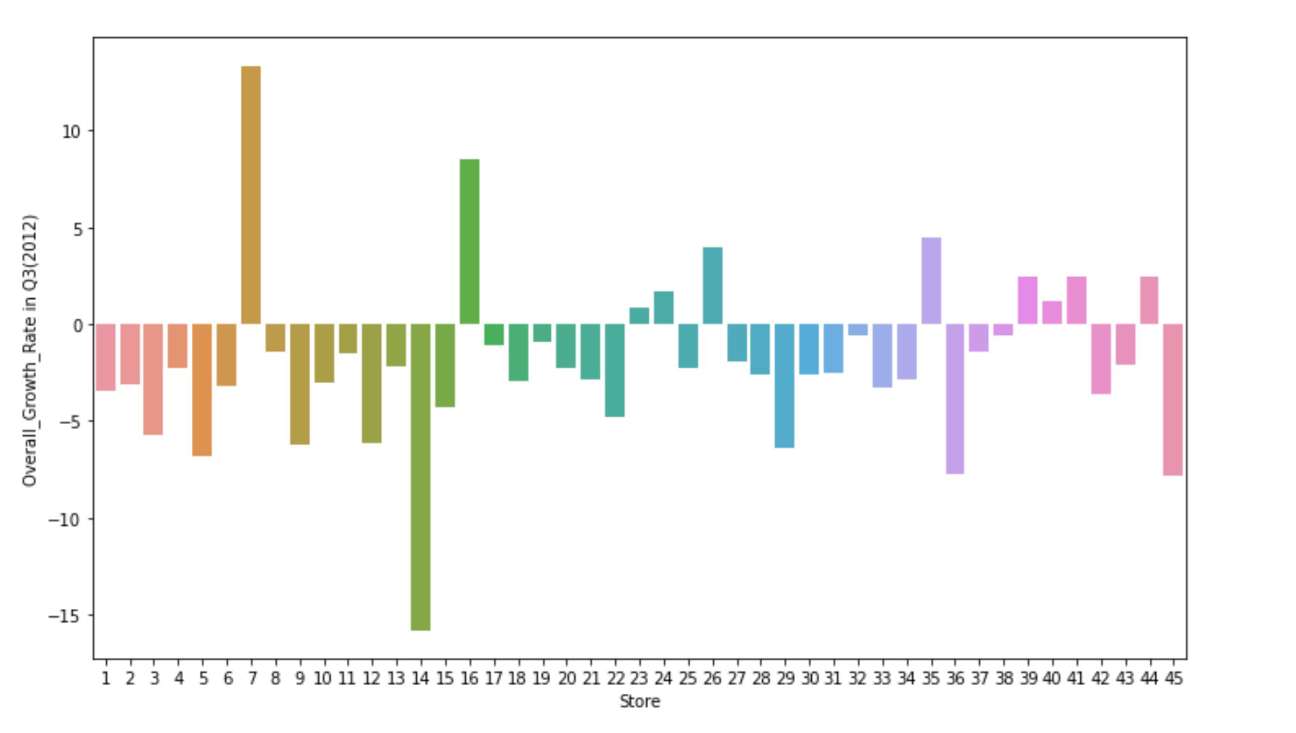
Third Quarter Growth Rates of Stores
4.Some holidays have a negative impact on sales. Find out holidays which have higher sales than the mean sales in non-holiday season for all stores together
Holiday Events:
• Super Bowl: 12-Feb-10, 11-Feb-11, 10-Feb-12, 8-Feb-13
• Labour Day: 10-Sep-10, 9-Sep-11, 7-Sep-12, 6-Sep-13
• Thanksgiving: 26-Nov-10, 25-Nov-11, 23-Nov-12, 29-Nov-13
• Christmas: 31-Dec-10, 30-Dec-11, 28-Dec-12, 27-Dec-13
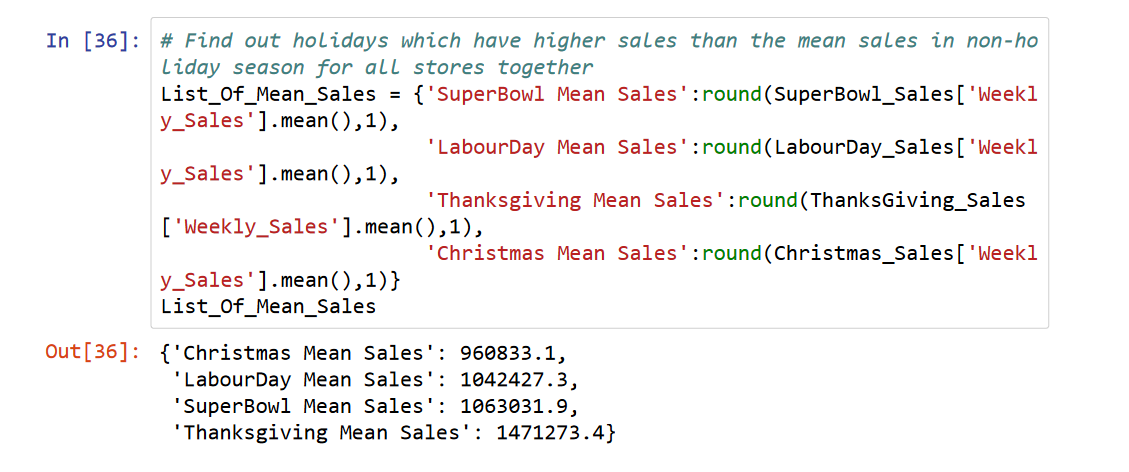
5.Provide a monthly and semester view of sales in units and give insights
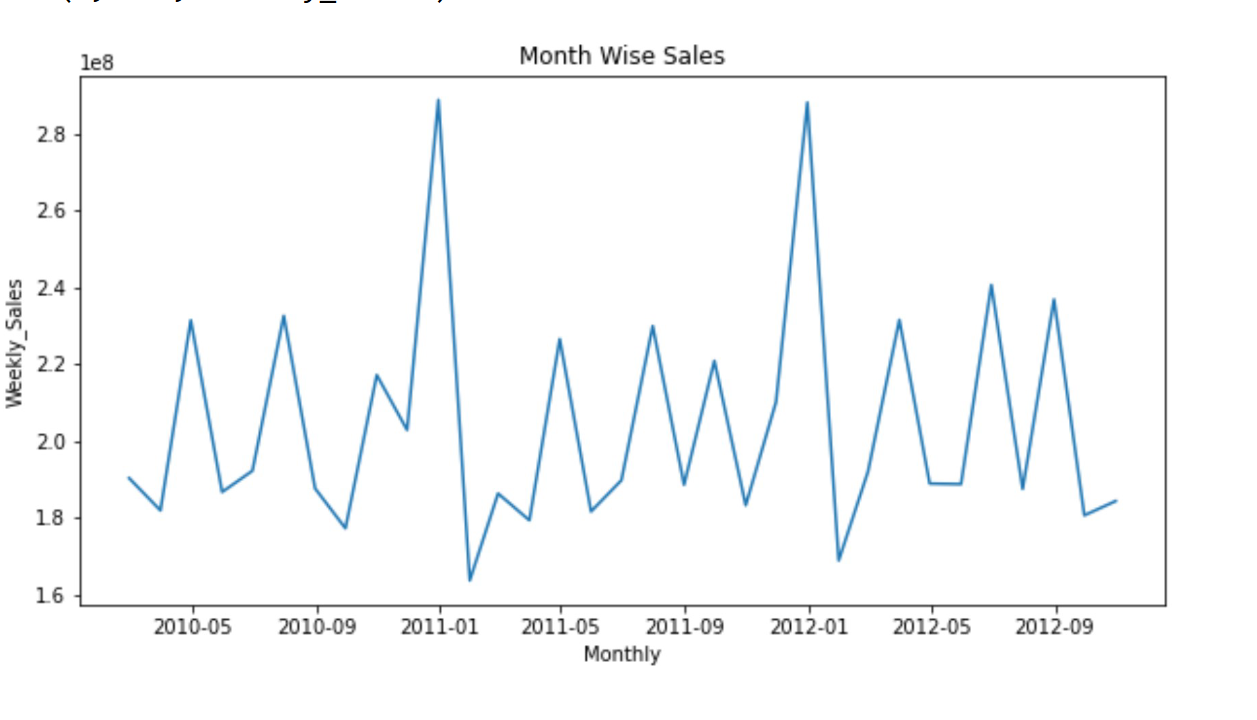
Month Wise Sales
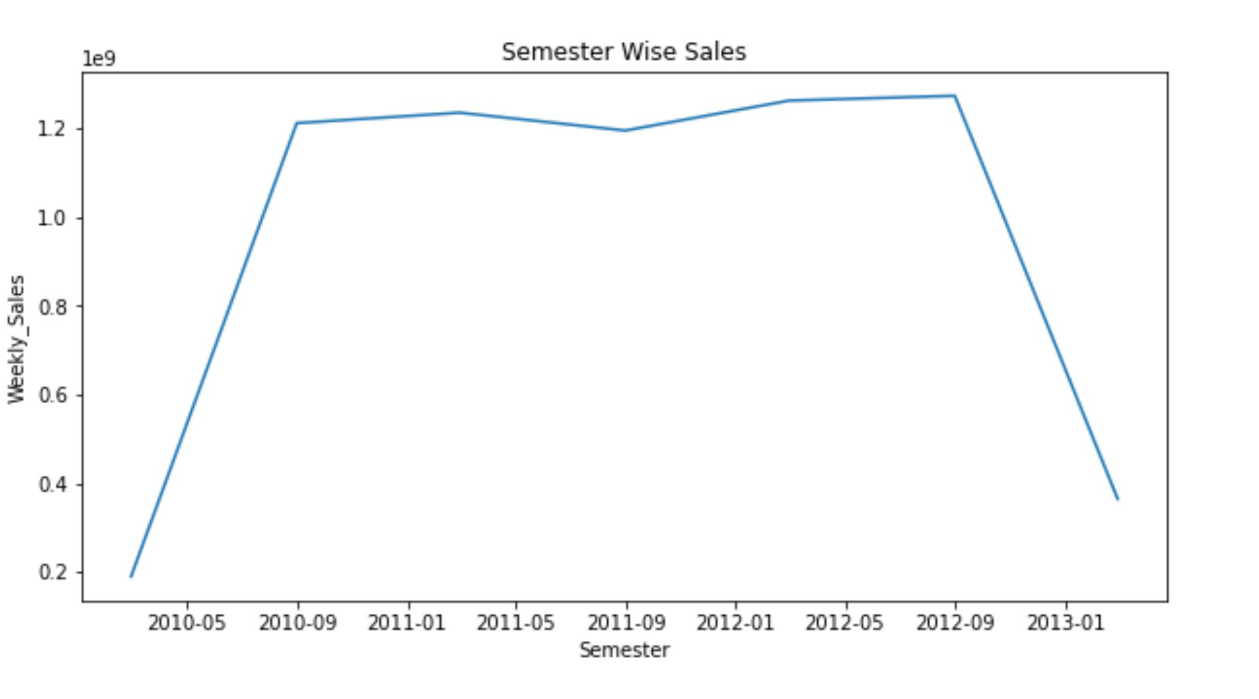
Semster Wise Sales
Statistical Model:
For Store 1 – Build prediction models to forecast demand
1.Build prediction models to forecast demand Linear Regression – Utilize variables like date and restructure dates as 1 for 5 Feb 2010 (starting from the earliest date in order). Hypothesize if CPI, unemployment, and fuel price have any impact on sales

Correlation Matrix
LM Plots:

Unemployment LM Plot with Fuel Price
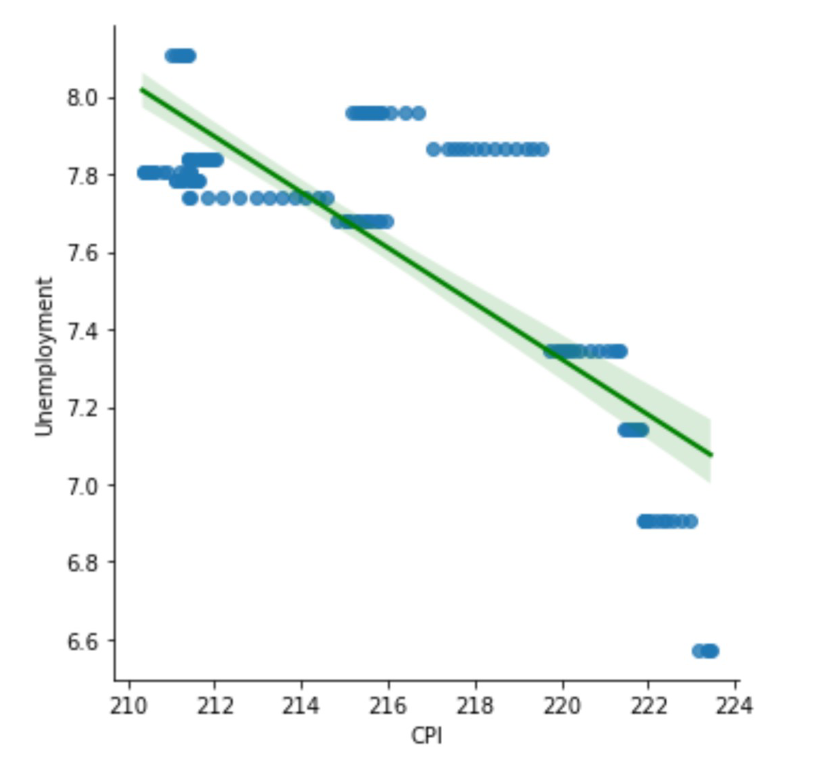
Unemployment LM Plot with CPI
Hypothesize with CPI:
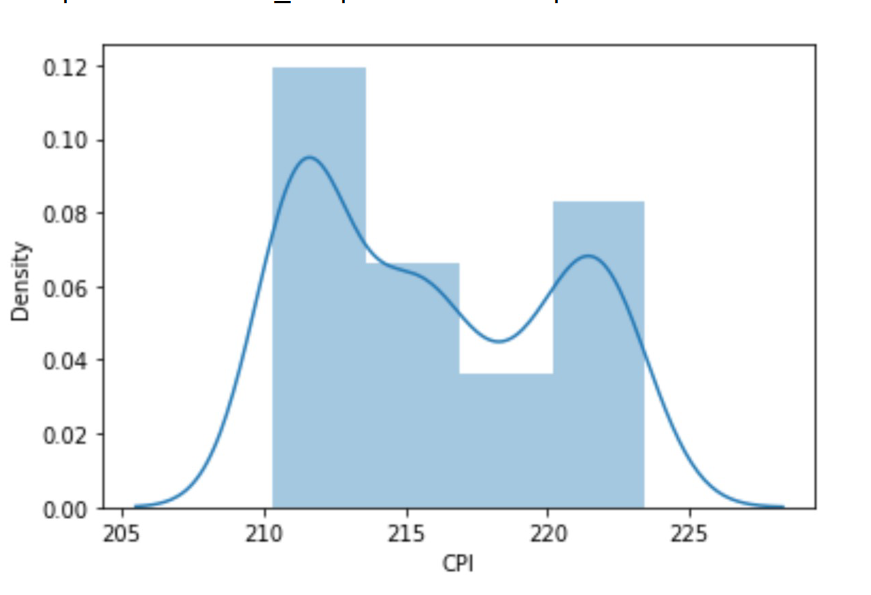
Density Plot
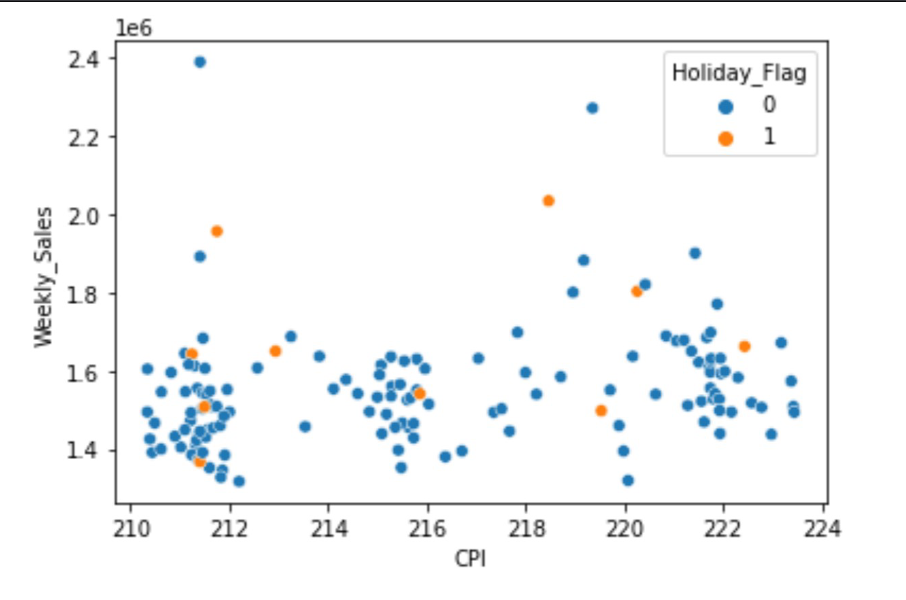
Scatterplot
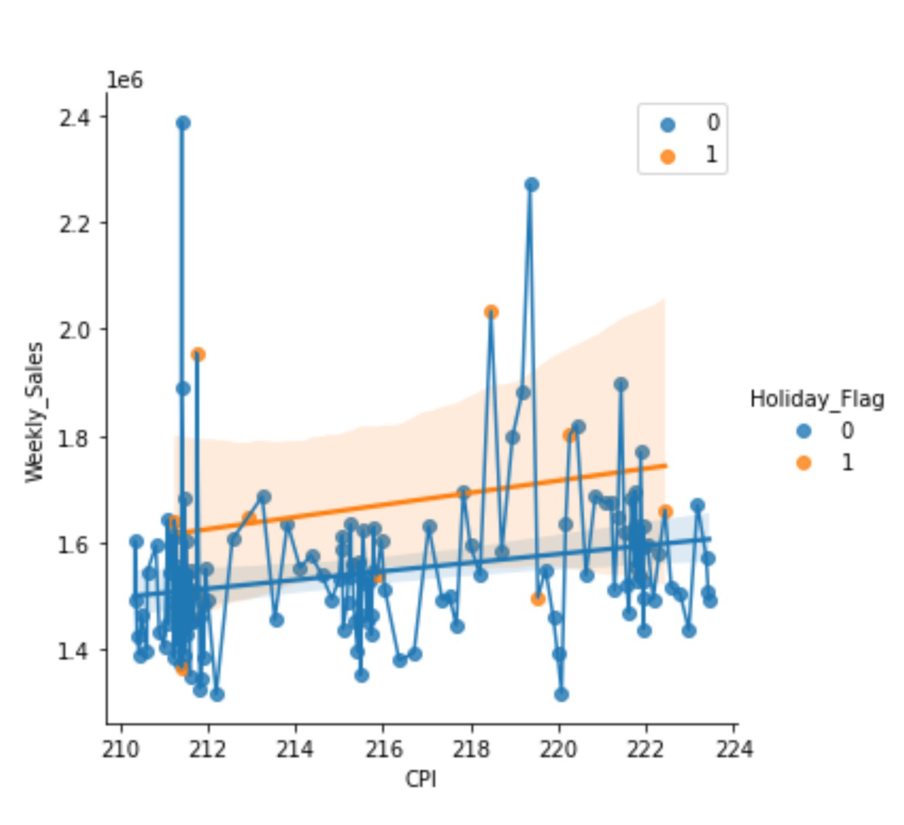
Lineplot
Hypothesize with Fuel Price:
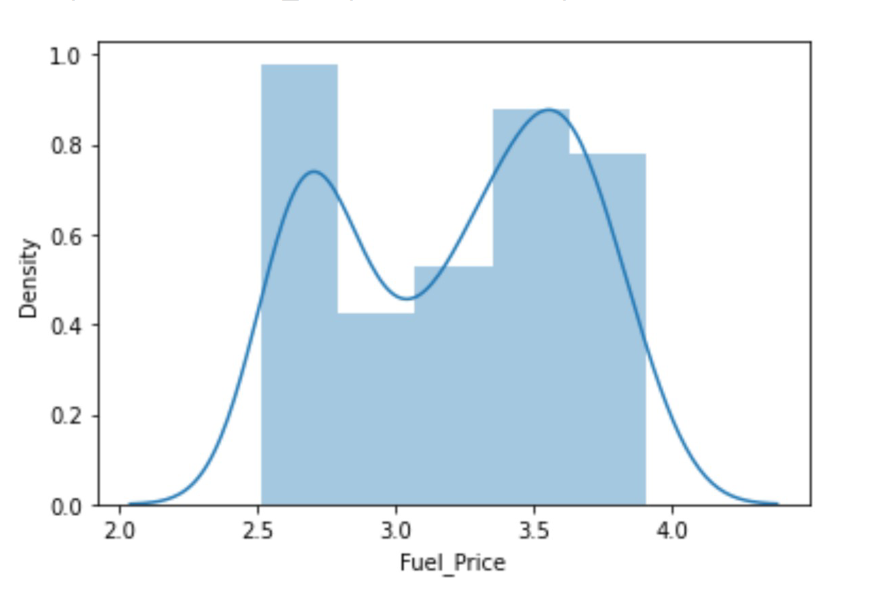
Density Plot
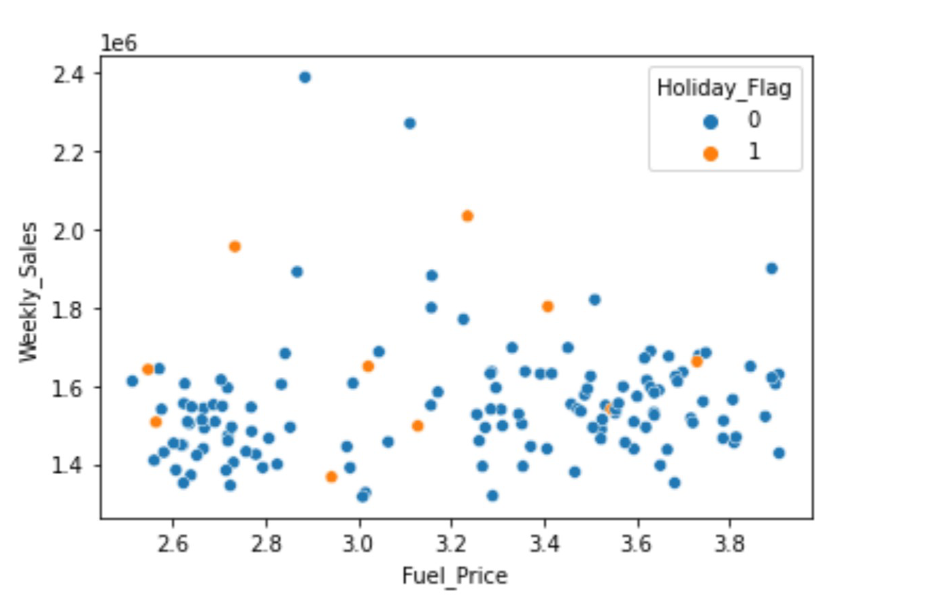
Scatterplot
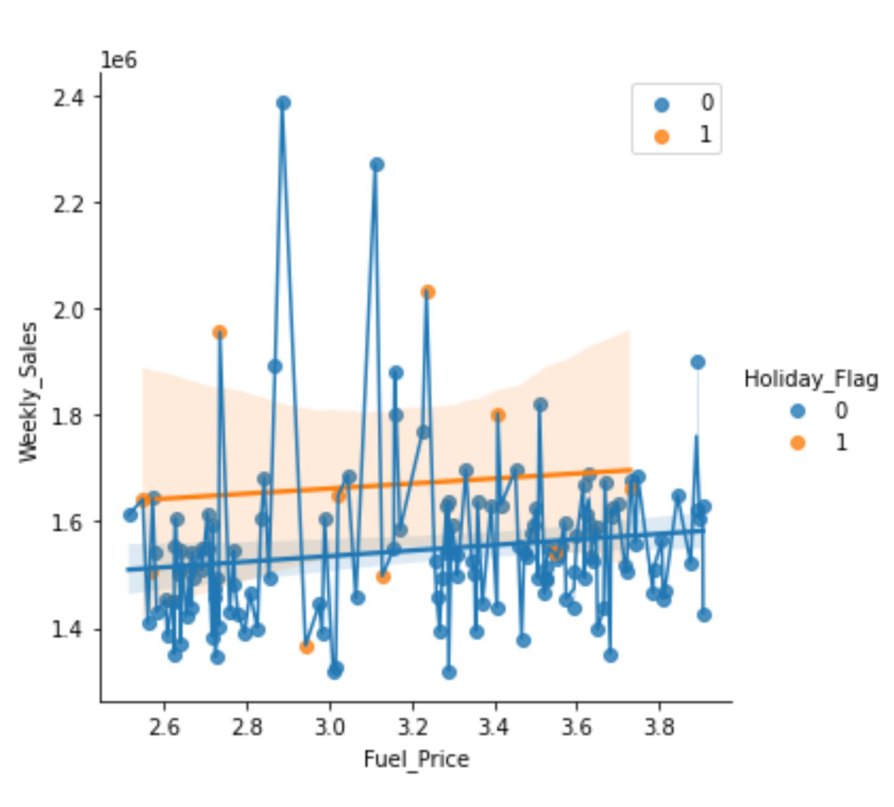
Lineplot
Hypothesize with Unemployment:
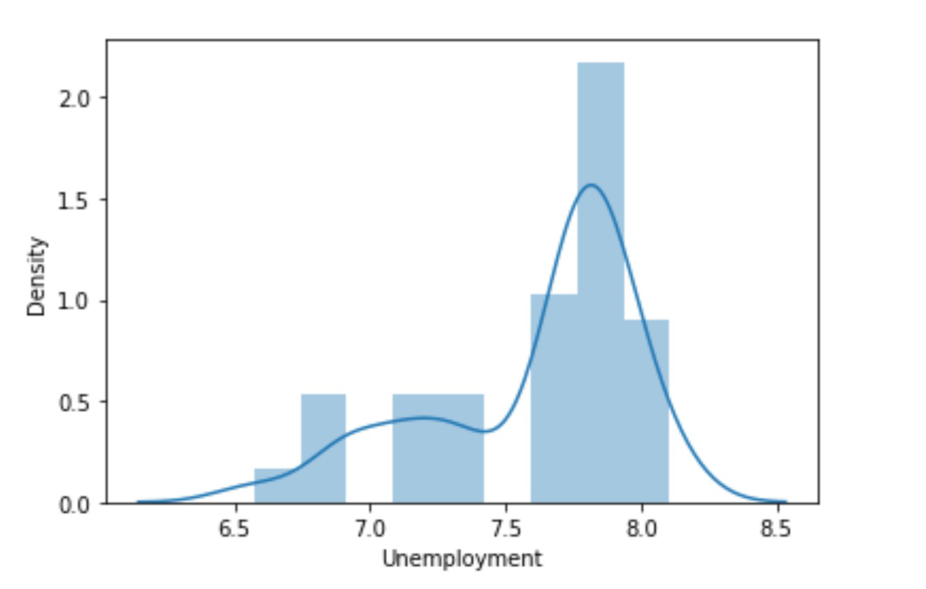
Density Plot
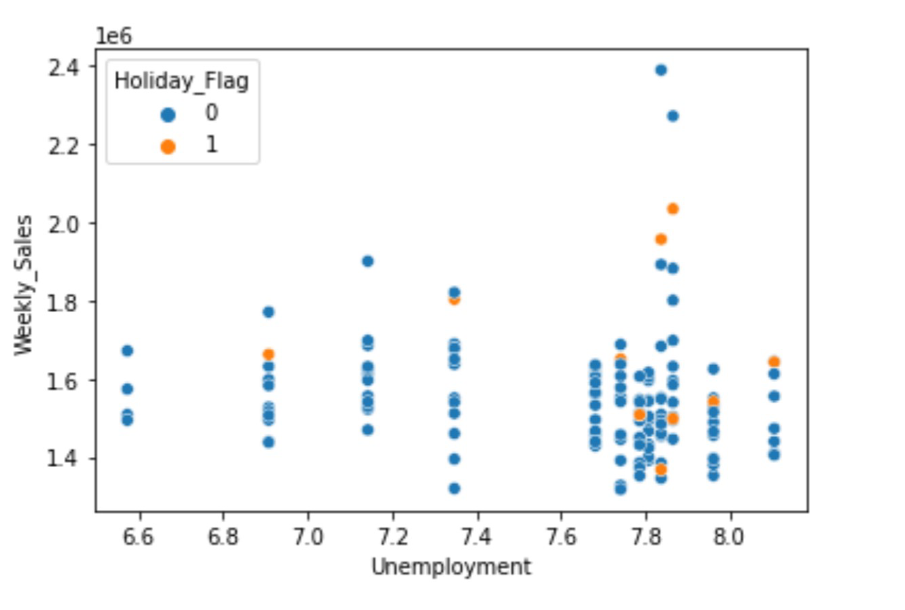
Scatterplot
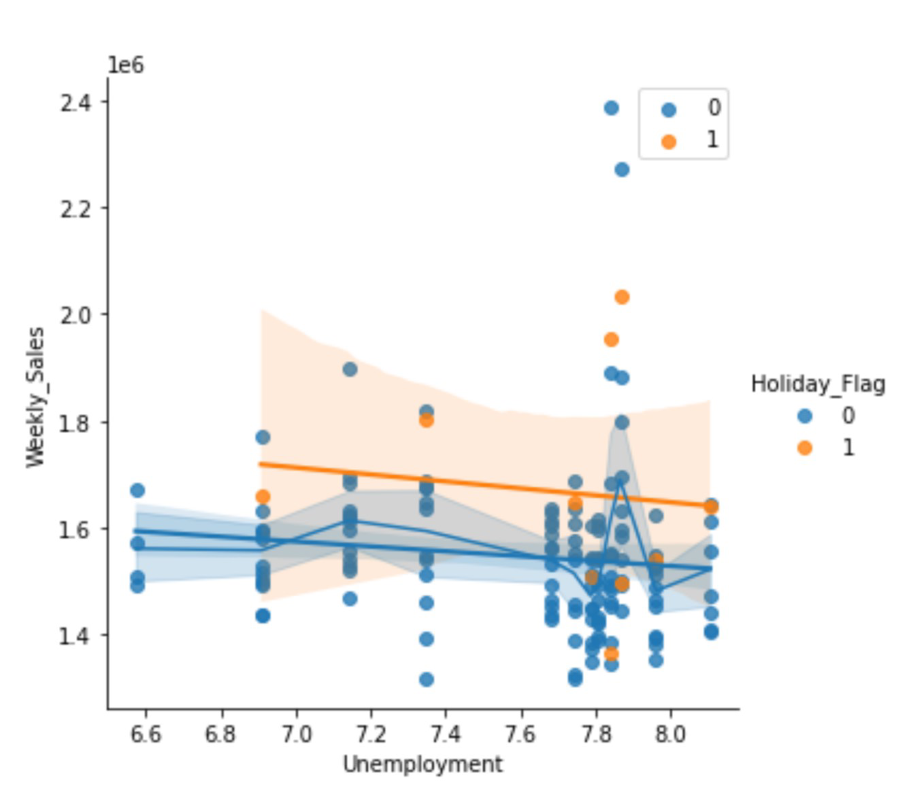
Lineplot
Change dates into days by creating new variable

Plotting the Weekly_sales for store 1 (Day wise)


